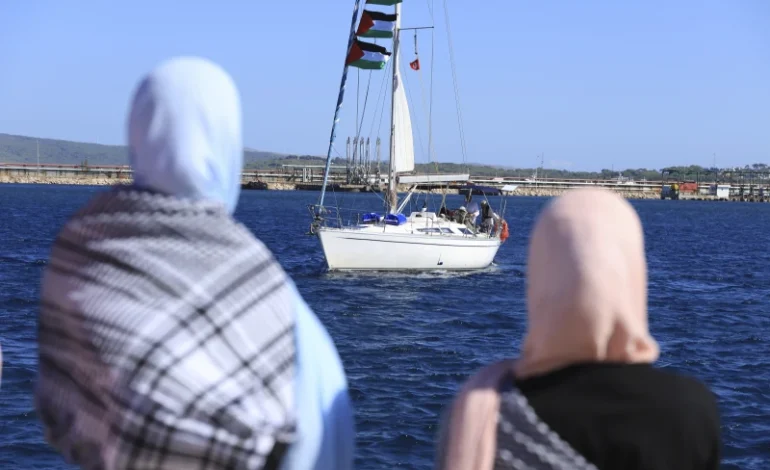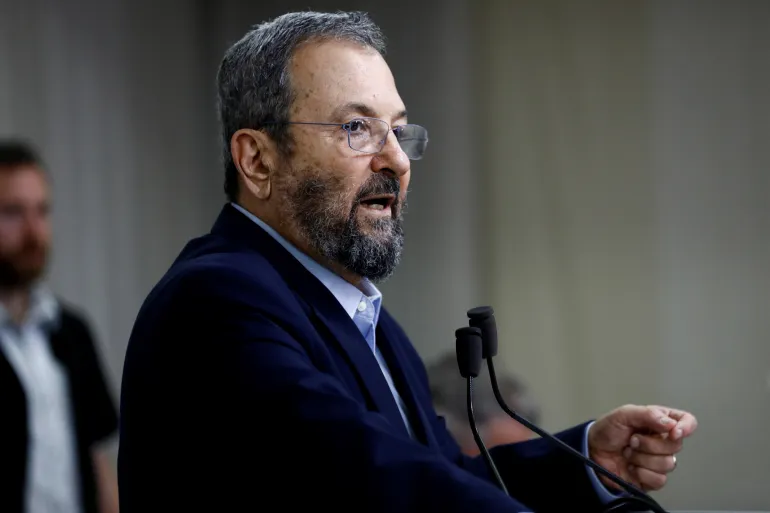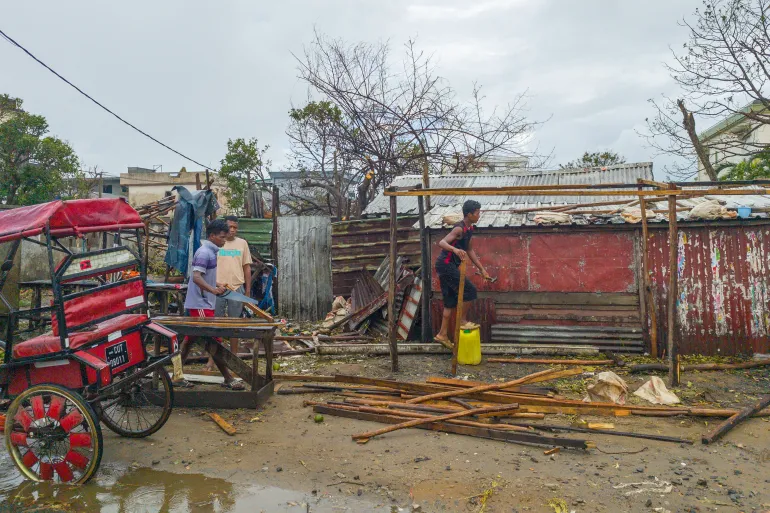After Israel Seizes Gaza Flotilla, Streets Erupt and Capitals Push Back

Israel’s interception of the Global Sumud Flotilla on its way to Gaza set off a fast-moving chain reaction: protests spilled into streets from Istanbul and Athens to Rome, Berlin, Madrid, Buenos Aires and Mexico City, while governments from Europe to Latin America condemned the raid or demanded consular access for their citizens. The flotilla — about 500 people from more than 40 countries — said it carried a symbolic load of humanitarian aid and a political message aimed at the 18-year maritime blockade. Israel says the blockade is about keeping weapons out; critics call it collective punishment.
Overnight, Israeli naval units including Shayetet 13 boarded and took control of dozens of boats in international waters, towing them to Ashdod. Officials said some 400 activists were detained for deportation and posted images insisting the passengers were “safe and in good health.” Organizers countered that communications went dark across much of the convoy as boarding began; some vessels briefly livestreamed the approach of missile ships, bright lights and water cannons. Participants included Greta Thunberg, former Barcelona mayor Ada Colau, European Parliament member Rima Hassan and Mandla Mandela, grandson of Nelson Mandela.
The diplomatic blowback was immediate and varied. Turkey called the move “an act of terrorism” and President Recep Tayyip Erdoğan accused Israel of “banditry,” promising measures to protect activists, including Turkish nationals. Malaysia’s prime minister demanded the release of his citizens and pledged to pursue “all lawful” avenues against Israel. South Africa pressed for the detainees’ freedom — flagging Mandla Mandela by name — and urged that the flotilla’s “life-saving cargo” reach Gaza. Colombia escalated furthest, announcing the expulsion of Israeli diplomats and the cancellation of its free trade agreement, with President Gustavo Petro urging legal action to bring citizens home.
European governments, while more restrained, leaned hard on consular protections. Italy’s foreign minister said Israel had promised “no violent actions” against the flotilla as Rome scrambled to assist nationals; at home, Italy’s largest unions called a general strike to show solidarity, even as Prime Minister Giorgia Meloni criticized the flotilla and said her priority was getting Italians home quickly. Spain demanded guarantees for the “physical integrity and rights” of its citizens, with Prime Minister Pedro Sánchez extending diplomatic protection to Spaniards onboard. Greece, which had earlier issued a joint message with Italy, pressed for safety and consular access. Germany urged Israel to act with proportionality and uphold international law. The UK said it was “very concerned” and argued any aid should be handed to recognized humanitarian groups for delivery into Gaza. France called on Israel to let French citizens return “without undue delay,” while the left-wing France Unbowed movement denounced “piracy,” with Jean-Luc Mélenchon blasting the foreign minister for siding with Netanyahu. Ireland’s president said the interception was preventing essential aid, and Belgium’s foreign minister insisted on international-law compliance and swift return for Belgian nationals. Pakistan’s prime minister condemned a “dastardly attack” and called for detainees’ release.
In Washington, a group of Democratic lawmakers had already urged the White House to protect the flotilla, while the Council on American-Islamic Relations accused Israel of “piracy in international waters” and called on governments to do more than issue statements. At the UN level, special rapporteur Francesca Albanese said the operation underscored Western “complicit inaction,” framing the flotilla as a rare attempt to break an “unlawful blockade.”
The voyage itself was rough: organizers say drones buzzed the flotilla multiple times — twice in Tunisia and once south of Greece — causing damage but no casualties. Spain and Italy briefly sent naval escorts and privately urged activists to turn back. By the time Israeli ships closed in, many of the original 50 vessels had peeled off with technical problems; roughly 44 were still sailing. Israel has suggested links between some organizers and Hamas, a claim activists reject. The blockade dates back long before the current war, which erupted after Hamas’ Oct. 7, 2023 attacks and has devastated Gaza; the enclave faces hunger and infrastructure collapse, with a death toll the UN and aid groups cite as staggeringly high.
What happens next is now as much about narrative as it is about the detainees. Protest energy is still building — Italy’s strike call is a bellwether — and several capitals say they’re dispatching consular teams to Ashdod to shepherd citizens out. Israel will likely move quickly on deportations while insisting the flotilla never had the right to approach Gaza’s coast. Activists, for their part, already call the interception proof of the case they set out to make: that getting even a token load of aid to Gaza means colliding head-on with the politics of the blockade — and that the fight over who controls that story is global, not just Mediterranean.
With input from Al Jazeera, the Times of Israel, and AP.









The latest news in your social feeds
Subscribe to our social media platforms to stay tuned